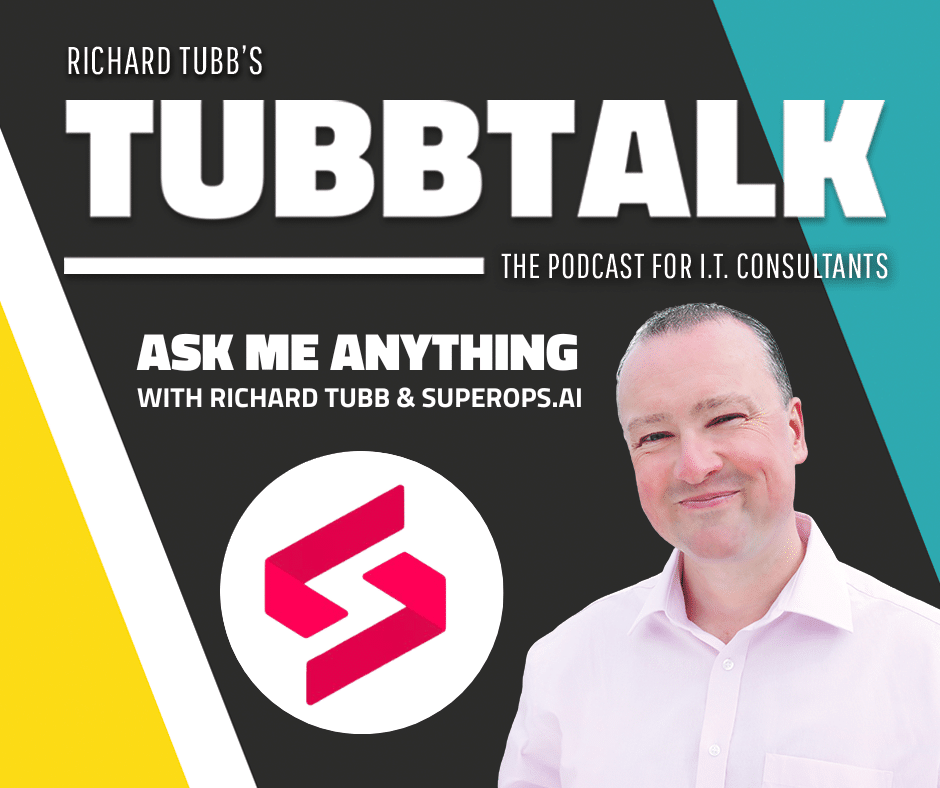In my role as British Computer Society YPG (Young Persons Group) Representative, I’m due to give a presentation at Ninestiles School in Birmingham today on “A Career in IT”.
I’m sure the day will teach me as much about what future school-leavers think about IT as a career option as I can tell them about my own career and experiences in IT, so it should be a useful opportunity!
With my environmentally friendly “green” hat on, I’ve decided not to print any literature to take with me, rather I’ll point the students towards this blog entry for the links they need. Paperless office anyone? 🙂
My own background
I’ll talk a little bit about my own background and career in IT as I hope it contains some good examples of the opportunities that you can find based on the decisions you make.
I’m now 31 years old and I work for myself as a self-employed IT Consultant and my company, Netlink IT, has been running since 1999. Netlink is a Microsoft Small Business Specialist, meaning we are a Microsoft partner who specialises in helping small businesses tackle their business challenges with the best use of IT. Typically my clients are Small Businesses with between 3 and 50 employees who don’t have their own IT department and so turn to companies like Netlink for help with their Technology requirements. These clients come from a range of industries – including Education, Finance, Recruitment, Engineering, Retail and Charities.
A typical day
The sorts of work I get involved with on a day-to-day basis might include setting up new servers and PC’s, troubleshooting Windows Desktop problems, delivering training, installing cabling for networks, using Wireless technologies, dealing with security issues, liasing with suppliers, and helping decision makers within businesses plan strategies for their IT use.
Business owners role
That’s the technical stuff! My role as a small business owner also involves me having to deal with Invoices, Bills and Accounts, Marketing, ongoing training and many other day to day issues. Also, if I take a day off sick, I don’t get paid! That said, working for yourself gives you the freedom to make your own decisions and control your own direction, and I enjoy a quality of life that allows me to avoid commuting, work with people I like, and occasionally enjoy sitting with my laptop in the sun. 🙂
Learning Computers
I’d always had an interest in computers from an early age when my parents bought me a 2nd hand Atari 8-bit computer. As a little geek I learnt how to program it, upgrade it and connect it to the outside world.
I started my professional career in IT at 17 having left Sixth-Form early. I didn’t want to go to University as I had a desire to get out into the real world and start working! I joined a business that sold and repaired computers. This allowed me to learn more about how computers work on the inside – and I found myself becoming familiar with Motherboards, Memory, Hard Disks and Processors. I also learned the hard way that electricity really stings if you don’t treat it with respect!
Writing Computer Code
Moving on, I joined a Pharmaceutical company who developed software used in Doctors Surgeries. This gave me experience of writing computer software, and debugging long pieces of code. I joined another company as a computer programmer after that, but started to realise that the aspect of the job I enjoyed the most wasn’t writing code – it was helping people solve their problems.
IT Support
Thus I moved into IT Support, and took a Helpdesk job with an IT company who provided support via the telephone to various other types of companies. Working on a Helpdesk is a difficult job, as you often have to deal with irate people the other end of a ‘phone, but it teaches you a great deal about remaining calm, being organised and on how to deal with different types of people. It was a very valuable time in my career that prepared me for the future.
Vocational Training
It was during this time that I started taking vocational training, sometimes paid for by my employer, sometimes by myself, with the goal of passing exams that would provide me with IT industry recognised qualifications. I started off by passing my A+ qualification, which teaches you about general Hardware and Software. I’d highly recommend this qualification as a starting point if you are considering a career in IT Support. I then took an interest in Networking, and passed my Network+ and other exams. I then moved on to become a Microsoft Certified Professional, and eventually a Microsoft Certified System Engineer. I also took exams with Compaq, Novell and other large industry vendors. All these qualifications were very valuable on my CV and showed potential employers that I had both a desire and an aptitude for learning.
What to look for in a new job
When looking for a job, especially an entry level job such as working on a Helpdesk, I’d strongly recommend you make sure there are clear opportunities for training and self-development. If there isn’t, you may end up in a low-paid dead-end job – so don’t settle for less!
Desktop Support
After 18 months working on a Helpdesk, I moved into a Desktop Support role in a large Financial company – which basically meant I went from being on the telephone, to helping people out at their desks in person. I really enjoyed this work as meeting people and helping them with their problems face-to-face can be very rewarding. I found myself learning a lot about setting people’s expectations, scheduling work effectively, and most of all – listening to people properly.
IT Trainer
I was then offered an opportunity to work as an IT Trainer, delivering classroom based training to employees. Standing up in front of a classroom full of people is very nerve-wracking, but I learnt a lot about presentation and how to explain complex solutions to technical problems to people in simple to understand ways.
I eventually moved back into another Desktop Support role, but after a while found that a lot of my former employers were asking me if I could undertake small projects for them on a piecemeal basis. I eventually took the plunge and started working for myself, which leads me to where I am today!
Working for yourself
Lots of people told me that working for yourself was “taking a risk”, as the flow of work could dry up at any time or your clients may not pay your invoices. I never saw it that way, as even if you are employed by a big company – you could be made redundant at any time, or your employer could go bust. I love working for myself and couldn’t imagine being an employee of a company again, but I realise without the experience I gained from being an employee in those various jobs, I wouldn’t be in a position to work for myself now.
So I’ve mentioned working as a Computer Programmer, on a Helpdesk, Desktop Support, IT Trainer and finally IT Consultant. That’s just the tip of the iceberg for working in IT though, as Technology can literally be found in every industry anywhere in the world. You might want to write computer games, become a web-site designer, a network specialist, work with telecommunications, repair printer hardware, develop and program robotics, Artificial Intelligence (but please don’t go creating any Terminators) or any number of other opportunities.
Resources from the BCS
The British Computer Society provides a number of very helpful downloadable leaflets and advice on choosing a career in IT – they can be found at http://www.bcs.org/server.php?show=nav.7874. The BCS also have a number of schemes that can help members develop their careers on an ongoing basis.
Closing advice
My final pieces of advice if you are considering any sort of career in IT would be:-
- Read, Read, Read and Read some-more! Absorb all the information you can both on the history of IT, and current trends in the industry. This doesn’t have to cost anything – the World Wide Web is full of free information and your local library will have a surprising amount of technical information available.
- Listen to both your peers and respected industry experts. Read blogs, subscribe to magazines such as “PC Pro” which have monthly articles by highly respected experienced IT Professionals, and attend seminars and presentations when given the opportunity. Again, many of these are free!
- Get some vocational qualifications. Passing, for instance, a Microsoftexam will open up a lot of opportunities to further yourself at little or no cost. Microsoft will be keen to offer you more free training on their other products once you’ve proved yourself capable. Vocational qualifications can also show potential employers that you have knowledge of real-world issues.
- Make it happen! If you want to be a Programmer, start writing some code today! If you have an interest in Web-Design, put together your own web-page or blog. If you’re interested in a career in IT Hardware, beg, scrounge or borrow a PC – take it apart, learn how to put it back together – but remember that Electricity stings… 🙂
Finally, don’t be afraid to ask for help and advice on how to achieve your goals. If you look, there is a whole world full of people that are easily reachable by e-mail, Instant Messenger, Voice-over-IP and even old fashioned postal mail! I’m one of them, so feel free to get in touch or leave a comment with your questions. You’ll be surprised how many people are happy to help you!
Post-Visit Report
EDIT:- As promised, a quick feedback report on my trip to Ninestiles School in Birmingham today to give presentations on “A career in IT”.
The organiser, Jayne Talbot, was very welcoming and as well as myself there were around half a dozen other speakers from different areas within Industry.
We were given eight slots of 10 minutes to present to different classrooms, and despite my greatest fears I didn’t have any bad experiences. The most repeated questions asked of me were “What qualifications do you recommend”, “What do you get paid”, “What’s the best/worst part of working for yourself”.
The worst that happened was some of the kids didn’t get my jokes – but then, most grown-ups don’t anyway…
That said, it was still terrifying experience and I’d prefer to present to Boardrooms than children any day of the week! Talk about going outside your comfort zone! :-p
If you’re interested in presenting to a school in your area, drop me a line and I’ll put you in touch with a BCS rep who can help organise it.














Comments